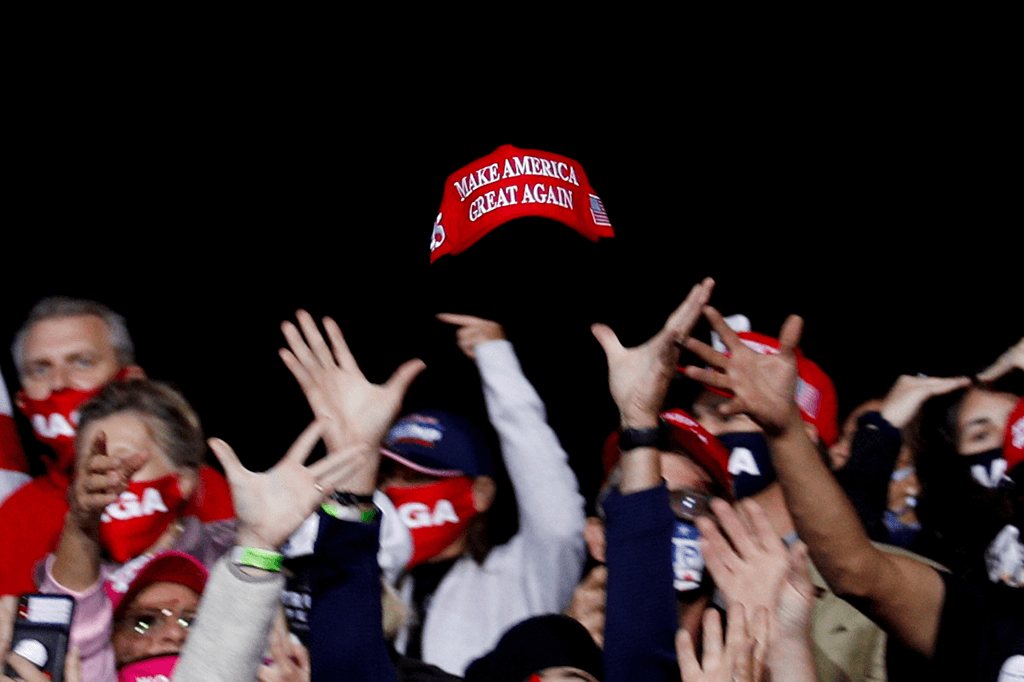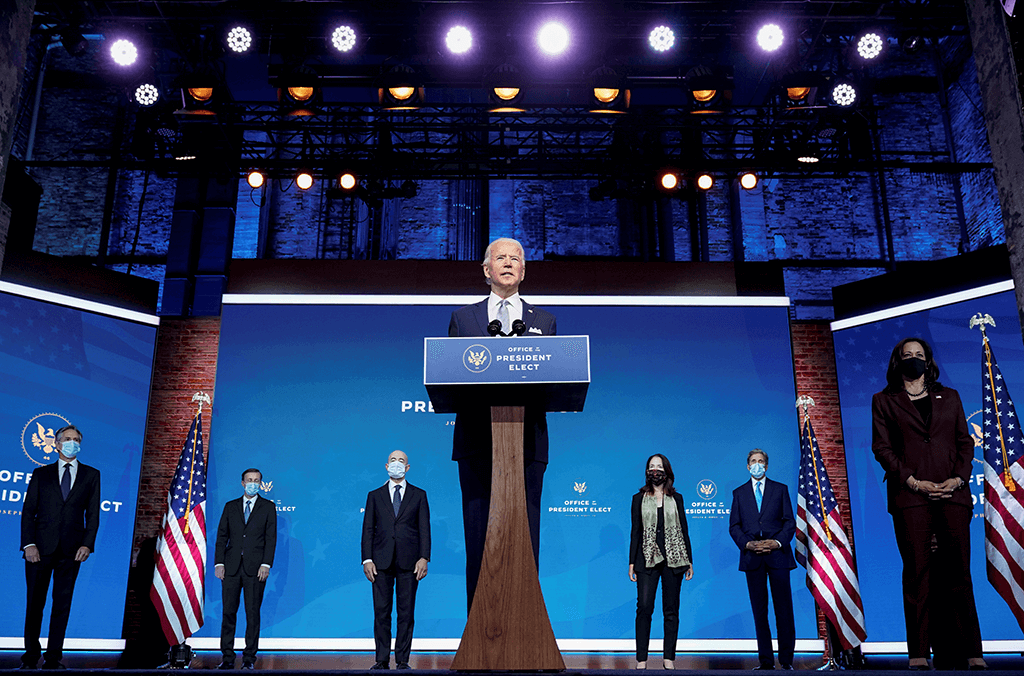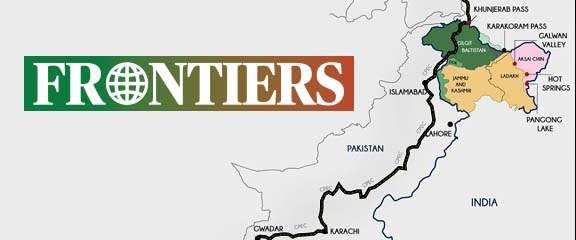Donald Trump’s 2016 electoral victory brought to the fore the underlying complexities of the so-called leader of the free world. Dr Jason Brennan, an American philosopher, called it a victory by the “uninformed,” stating “never have educated voters so uniformly rejected a candidate. But never before have the lesser-educated so uniformly supported a candidate.”
Trump became the proponent of conservative populism, which post his 2020 hybrid-defeat, is referred to as “Trumpism.” Trump’s ideology is seen as deeply rooted in US history since the late-19th century, which finally made it to the White House in 2016. The US is largely known for progressivism. Republican Theodore Roosevelt and Democrat Woodrow Wilson, sought to tame corporate power, protect workers, assimilate immigrants, provide new social services, expand democracy and, on the global stage, to bring order to a fractious world, usually referred to as post-war liberalism.
Meanwhile, as understood by those who have worked closely with the current US President, the business of state is “what the president believes on any particular moment, on any particular day about any particular subject.” A Republican analyst says, “he could believe he is against climate change on Monday, and Tuesday, he could come back to you and say I am the most ardent believer in climate change, but by Wednesday he could go back to his previous position.”

On the ground, America’s transition from progressivism to Post-war liberalism, apparently did not have everyone on-board. Post-World War I, Midwestern and western progressives belonging to the populist camp swung hard to the right, retaining in some cases their economic parity, but also resenting the cultural and foreign policy thrust of the US. In his classic work, The Age of Reform, Richard Hofstadter captures it beautifully, saying “a large part of the Progressive-Populist tradition has turned sour, become illiberal and ill-tempered.” The truth of the matter is, liberalism faces its greatest crisis in decades.
Post-mortem, Trumpism, is being identified as populist, nationalistic, charismatic, discounting intellectualism, displaying fascist tendencies, and fabricating the truth. Trump’s populist appeal won him 63 million votes in 2016. In 2020, Trump lost, but his vote count jumped to 73.7 million, thus the hybrid defeat. The Trump brand, if anything has become more entrenched. Trump has turned out to be more popular than many liberals, pollsters, or media pundits had anticipated. In post-Trump America, both truth and democracy are on the decline.
The actions of Donald Trump have damaged the moral authority of the West. Trump was critical of both, the Bush Republican doctrine of creating awe and fear, and the Obama Democratic doctrine of negotiations and liberal talk, followed by surges and strikes. However, he has not been able to give any direction to US foreign policy. The general perception is, that his inward “America-first” policy has raised serious doubts about America’s ability to lead the world. American hegemony is 75 years old and stands seriously challenged by China. The rising competition between the US and China will be the most obvious and notable episode of the post-Trump presidency.
The status of the US as a global leader over the past seven decades has been built largely on wealth and power. However, under Trump, it failed the test on all three fronts.
The United States inherited the legitimacy of global leadership, which drew strength from its domestic governance, provision of global public goods and ability and willingness to master and coordinate a global response in times of crisis. The status of the US as a global leader over the past seven decades has been built largely on wealth and power. However, under Trump, it failed the test on all three fronts of wealth, power, and legitimacy. It failed its own people and it failed the world.
The fissures in American society and the challenges to global leadership which surfaced with a vengeance because of Trumpism are colossal. Biden garnered the highest number of votes in US history because of Trumpism, making the 2020 American election a referendum on Trump. President-elect Biden, because of this legacy, is facing historical challenges, some calling them insurmountable. He has defeated Trump, but Trumpism lives on.
On the domestic front, a deadly pandemic, a struggling economy and a deeply divided American public, are only the tip of the iceberg. Biden’s success will hinge on finding ways to unite the country and to do that he has to find common ground with the Republicans on Capitol Hill. David Redlawsk, a professor of politics at the University of Delaware, said that “the divisions are deep. I have a hope that we will move on a healing path over time. It will not happen quickly. It will not happen easily.”
Biden’s Democratic Party is likely to fall short of winning control of the Senate. If his party does not win the key Senate seats, he will be the first newly elected president in more than a century whose party did not gain majority control in both houses of Congress. He could also face challenges within his Democratic Party between those who are moderate and others seeking transformational changes.

On the foreign policy front, the not-so-new world order is the new world disorder, dominated by narrow self-interests. Trump has shown disdain for globalisation, cosmopolitanism, and multilateralism, giving a new definition to American nationalism. The US pulling out of the climate treaty, bypassing the United Nations, alienating NATO and European allies, undermining trans-Atlantic unity, and getting into a trade war with China, are a few instances.
It is not just about restoring US stature and reviving international cooperation. The strike of Trumpism has been lethal. It has created unholy alliances, strengthened opposition, and most importantly, it has created a distrust of American leadership. This is across the board, from Europe to the Middle East, from the Far East to Russia. And it has also impacted NATO. In the Middle East, the trickiest among all these, the US has long supported unlawful, imperialistic policies like the war on Iraq and conventional US stances on annexation, Israeli settlements, and negotiations. Managing to pull off a balancing act between Palestine and Israel will be Biden’s biggest challenge. He cannot go against Israeli interests, but neither can he act like Trump, completely marginalising and abandoning the Palestinians.
The Biden administration will also have to be more sensitive towards the Yemen tragedy and less accommodating of Arab dictators than Trump, and perhaps be firmer on human rights abuses in Egypt, Saudi Arabia, and the UAE. However, any expectation that Biden will work actively against these regimes, would be folly.
If Trump continues to play an active political role, this could further complicate Biden’s task.
Mending bridges with European allies, reigning in Russian expansionism and meddling in the Middle East and Europe, handling a more defiant Turkey and Iran, and an assertive and competitive China, is not going to be a piece of cake. The challenge is not just taking over global leadership, but restoring global order. The crisscross of geopolitics and geo-economics is yet another challenge. China is one of the largest trade partners of both, India and the United States. The Regional Comprehensive Economic Partnership (RCEP), which is made up of ten Southeast Asian countries is considered as an extension of China’s influence in the region and comes on the heels of the Belt and Road Initiative. The deal excludes the US, which under Trump’s presidency withdrew from a rival Asia-Pacific trade pact, the Trans-Pacific Partnership, in 2017. India also chose to stay out of the RCEP. The question is, will Biden de-couple or re-couple with China? Neither is easy.
According to the New York Times, the election will not resolve “America’s deepest problems,” i.e. social crises, a breakdown of political culture, and feelings of exclusion. If Trump continues to play an active political role, this could further complicate Biden’s task. Domestic troubles then will warrant his sustained attention. This may not give him the space to do much on the foreign policy front, resulting in no major win. An aggressive China will not make his life easy externally, and a Trump hell bent upon remaining politically active domestically, will keep him occupied with a fire brigade approach at best. Ideally speaking, the focus of the Biden presidency must be on meeting universal challenges, pandemic change, and global poverty. These threats transcend national boundaries and strategic rivalries. Can Biden rise to the challenge?

Huma Baqai
The author is an Associate Professor of Social Sciences and Liberal Arts at the Institute of Business Administration, Karachi



